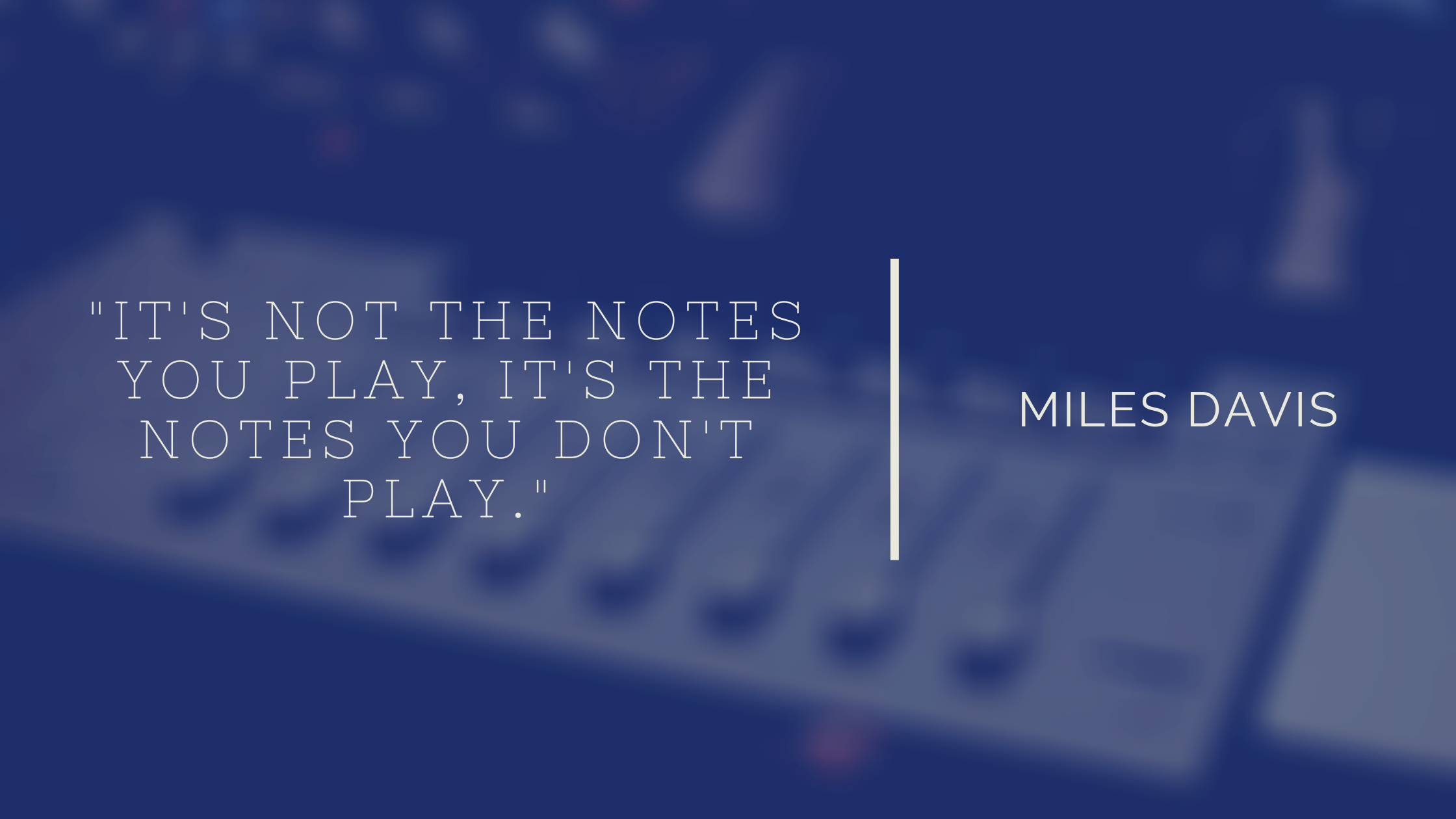This is the blog of Adam Kalsey. Unusual depth and complexity. Rich, full body with a hint of nutty earthiness.
Strategy Means Saying No
Freshness Warning
This blog post is over 3 years old. It's possible that the information you read below isn't current and the links no longer work.
27 Oct 2020

An oft-overlooked aspect of strategy is to define what you are not doing. There are lots of adjacent problems you can attack. Strategy means defining which ones you will ignore.
There are three types of opportunities you’ll come across. Those you’ve decided to tackle, those you’ve decided to ignore, and those you didn’t know existed. By defining which ones you’ll ignore alongside those you’ll tackle, you bring clarity to how you think about a problem.
I once worked with an executive that called himself an "and leader." When confronted with his organization asking if they should focus on this or that, he would proudly say yes to both.
This is a failure of leadership.
Anyone can say yes to everything. They don’t need a leader to do that for them. Thinking strategically means deciding what you’ll do. The list of things you’ll do is only meaningful if there’s a limit to the list.
Leaders communicate strategy by explaining what the organization is going to do, but often forget to communicate what they’ve chosen not to do. It is more effective to include negative choices when communicating strategy. It’s easier for people to understand the choices you made when you put them in the context of the choices of what to leave out. They’re two sides of the same coin. Communicate them as such.
By having a clear strategy that covers both what you’ll do and what you won’t do you’ll improve your organization’s ability to make decisions themselves and to execute.
An effective strategy acts as guide rails. If people know what to say no to, it’s clear whether you’ll pursue or evaluate a new opportunity that appears.